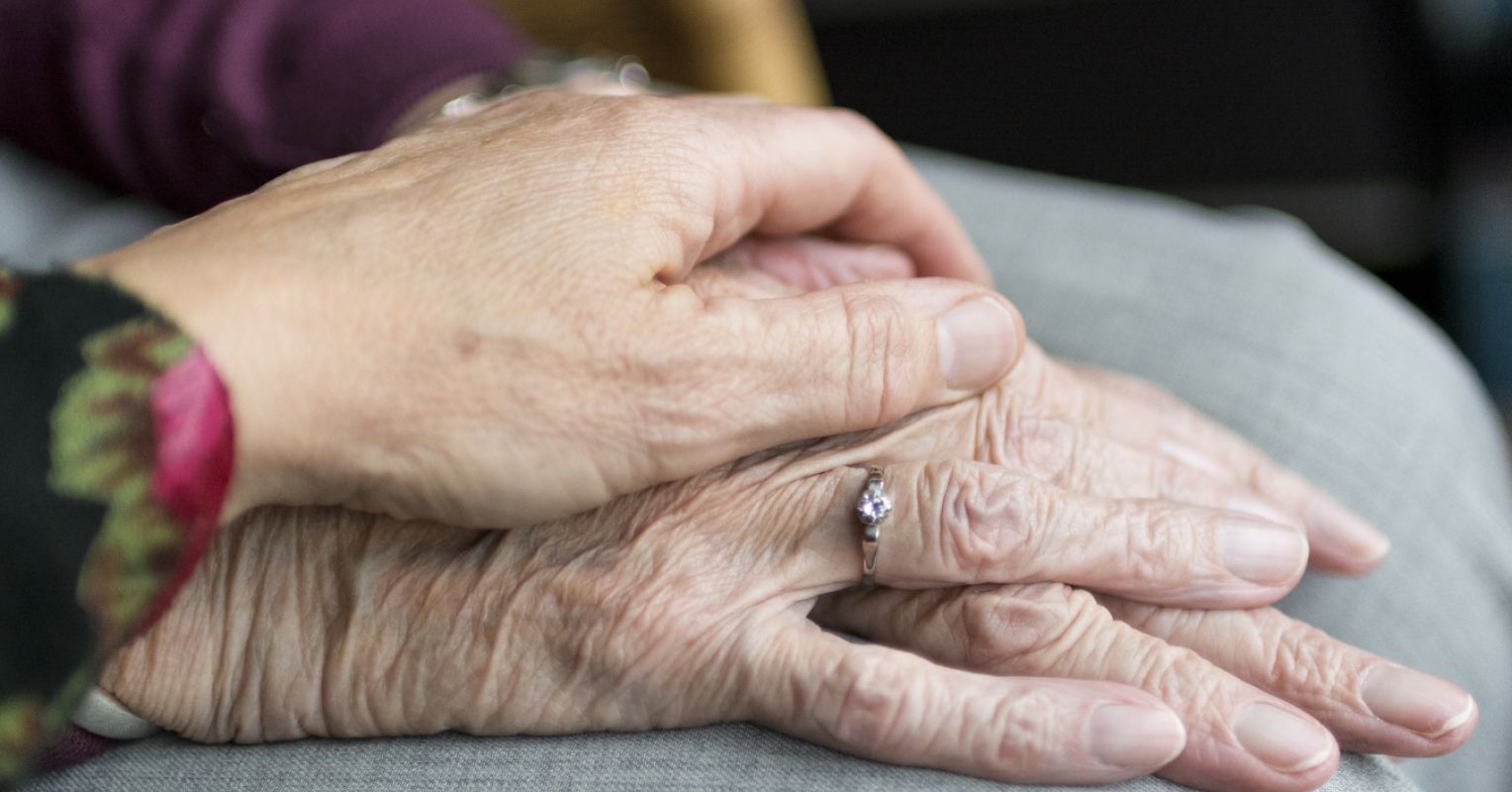
"Compared to other major life transitions-birth, marriage, retirement-we tend to be avoidant around death. Gently push back against end-of-life stigma and learn to offer support and comfort instead."
"Healthy ways to avoid fears and regret are to gently confront your concerns, learn a few simple tactics, and offer presence and support instead."
"Don't stay silent, paralyzed because you don't know what to do or say. Do be honest and make your struggle transparent: "I'm so sorry, I'm not sure what to say or I'm afraid it will be wrong.""
"Don't ask global questions like, "What do you want to do?" Do, again, be specific: ask what's often thought of as a hospice question: "What is most important to you right now?"."
Death was historically more familiar as it occurred at home, fostering comfort in children. Currently, many adults have not witnessed death, causing discomfort and avoidance. This can lead to missed opportunities for connection. To counteract fears and regrets, people should confront their concerns and learn supportive tactics. Offering honest communication is vital, as it provides comfort. When helping, be specific about assistance instead of asking vague questions, ensuring that the dying individual feels supported and heard in their preferences.
Read at Psychology Today
Unable to calculate read time
Collection
[
|
...
]